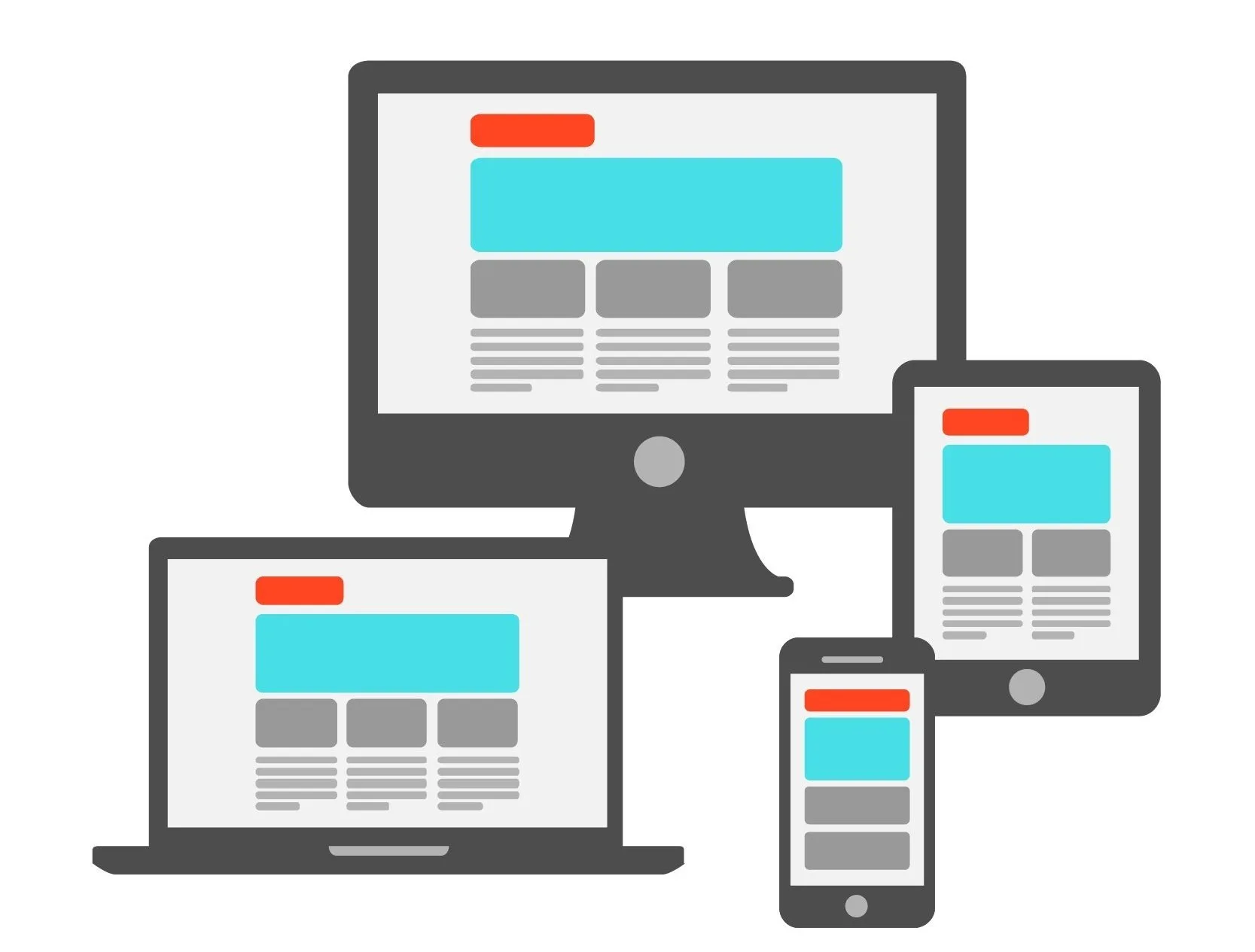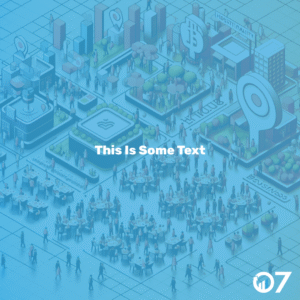Here is a breakdown of the term:
IP means Internet Protocol
Address means the unique number that links you to all the online activity you do, sort of like a number plate on a car. Your IP address is specific to YOU.
Example:
12.34.56.78
TIP:
IT can be confusing and is best left to those with a high knowledge of the internet, digital technologies and experience in the sector. Mistakes in IT best practices can cause detrimental effects, causing more harm than good.
Your device is connected to the internet in some way whether that be through mains connection or wifi. Every time you use the web, you are sending a request to the right destination, and the responses you want to come directly back to you.
This is where an IP address comes into play.
You and your device are connected to the internet differently, when you use the web you connect to a network which 1) connects you to the internet itself 2) grants you access to the internet. There are a variety of networks available depending on where you are using the world wide web, for example, you will use your internet service provider at home, a company network whilst at work, or a wireless network when out and about.
When using the “WWW” your networking software is required to complete a list of rules and standards (aka protocols) in order to connect you to the internet, from here it swaps information and data back and forth between your device and the network. One of the protocols is called the ‘internet protocol’, this is for addressing, delivering and routing your online requests. When this process happens, an ‘electronic return address’ will attach itself to your requests and activity. In order to do this, it needs your IP address to validate your connection.
It is important to know there are two types of IP addresses- Static and Dynamic. Static is one singular address which will always stay the same, whereas dynamic means you will never only have one, it will change at some point. The address can change often, but sometimes they can remain the same for months, it will depend on your use of the internet. Most households and users have a dynamic IP address as it can be expensive to be assigned a static address. This is because there is a lot of work that goes into only having 1 combination of numbers to represent you.
Have you ever wondered why when you visit America your Netflix account will suddenly show American content? Or why you are seeing American adverts on your Facebook page? This is because your IP address does not travel with you when you go to other countries, you will be assigned a new IP address depending on the network you are using which are specific to location.
Businesses will often purchase a static IP address to keep things easy to track, multiple addresses make it harder to track your use of the internet. For example, blocking the business IP address from analytics tools which could skew results is essential in your company practices.
For further insights and guidance, we invite you to explore our blog at 07hm.co.uk/blog. Here, you’ll find a wealth of information tailored to the needs and challenges of SMEs navigating the digital landscape. Additionally, if you have specific questions or need personalised advice, don’t hesitate to reach out to us via email at info@07hm.co.uk or telephone on 01702 410663.






